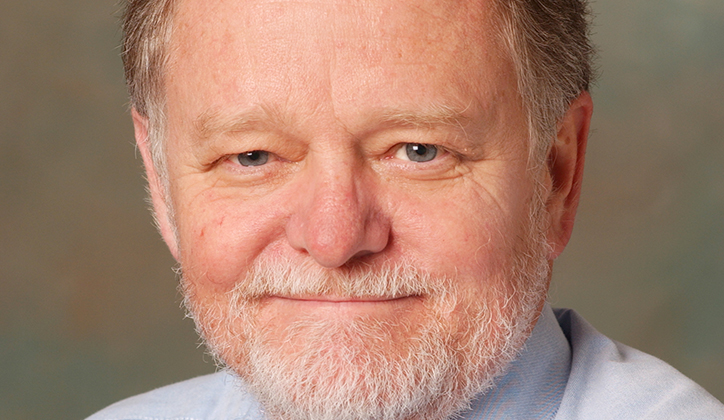Associate Professor Colin Wastell |Department of Psychology
How long have you been at a researcher at Macquarie?
I have been employed at Macquarie in one capacity or another since 1991, making this my 24th year. My association with Macquarie goes back even further to 1984 when I enrolled in a BSc [Psychology], and finally graduated in 1994 with my PhD.
I was drawn to research because…
My commitment to research stems from my love of learning. The activity of carrying out original research is one of the most exciting and rewarding aspects of my life. To know something for the first time and possibly that no one else on earth knows is very intoxicating.
What would be an ‘elevator pitch’ of your research area?
My research focuses on how people think. How do they make decisions when they don’t have all the information, or when the outcomes are uncertain. How do humans cope with this situation both cognitively and personally? Given these limitations I am also interested in how we, as a species, are so very successful in adapting to our environment.
In layman’s terms, what is the wider impact of your research?
My collaborators and I have developed a method of studying people making decisions under conditions of uncertainty and information overload. This method has the potential to be applied to any domain where people make such decisions. It is capable of assessing and following information processing behaviours in such detail as to make fine grained analysis of their thinking open to scrutiny as has not been possible before.
If I were given $1M in research funding, the first thing I would do is…
Research is carried out by people who are supported materially and encouraged psychologically. To do this with a million dollars I would establish an Institute for the study of thinking and decision making. Then assemble a number of supervisors and recruit doctoral candidates to carry out a research program in the use of the ASP-SINTELLA methodology. Applying it to a range of domains and problem spaces.
Who is/was your biggest research mentor?
I did not have a mentor specifically in this research. I developed it with my colleagues and was fortunate to work with them in an encouraging and supportive environment. If you were to ask me who is my ‘hero’ in this domain I would say that it is Daniel Kahneman of Princeton, who won the 2002 Nobel Prize in Economic Sciences for his work on thinking and decision making.
In ten years’ time, I see my research…
One of our main goals is to produce a stand alone version of our ASP-SINTELLA methodology so that organisations can carry out in-house studies of their own personnel and procedures. For myself I would hope that we have carried out sufficient studies to have demonstrated the value of our method in improving the quality of information processing and decision making.
My favourite and/or most proud research moment was when…
I feel I must say there are two of equal importance. The first was our nomination as a finalist in the Eureka Science Prize of 2010. This was recognition of the potential value of our work.
Secondly this year we have been awarded an International Exchange grant by the Royal Society of London, one of the most prestigious scientific societies in the world. The grant will enable us to collaborate with eminent scholars from Cambridge and Bristol universities in the UK applying our ASP-SINTELLA methodology to areas of decision making where experts differ with a view to being able to seek clarification and clear justification for said expert opinion.

